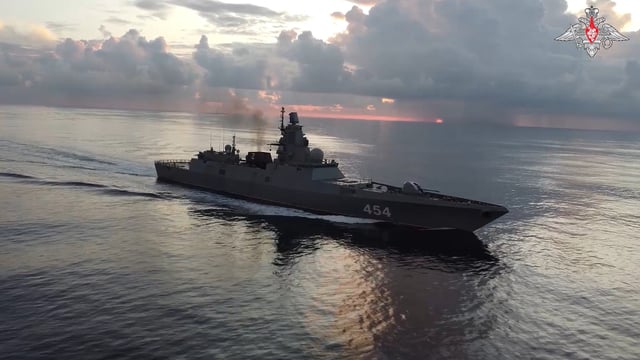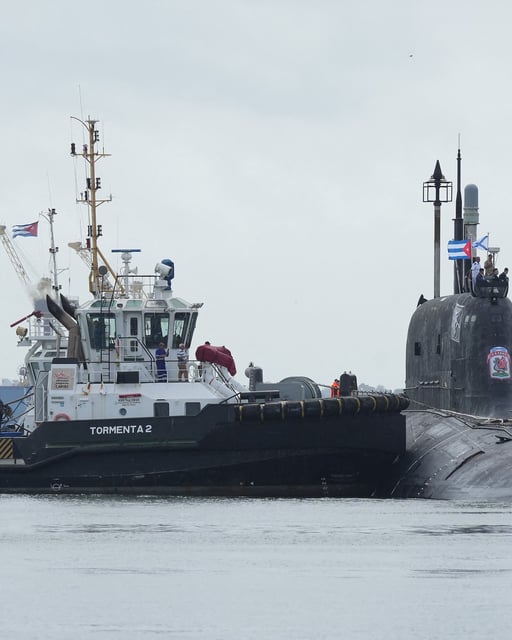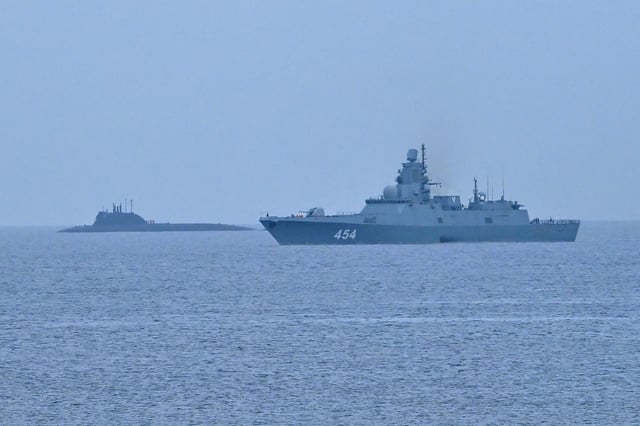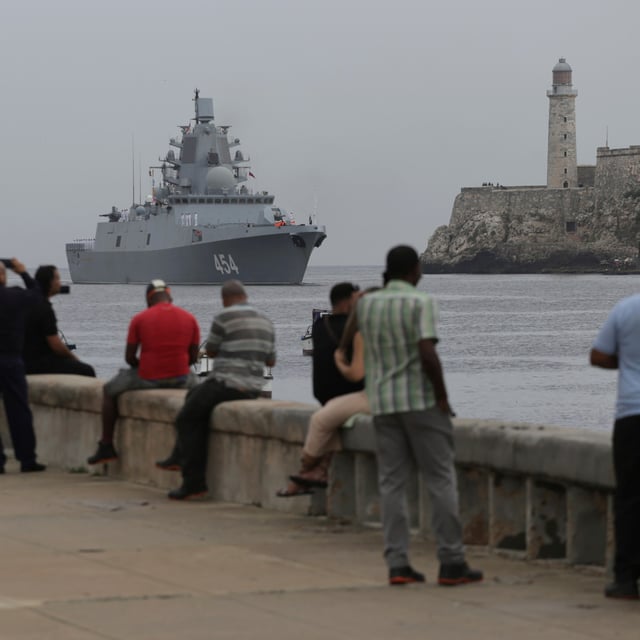Overview
- Russian warships, including a nuclear-powered submarine, have docked in Cuba for military exercises.
- The deployment follows the U.S. decision to allow Ukraine to use American weapons against Russian targets.
- U.S. officials are closely monitoring the situation, though they do not see an immediate threat.
- The presence of the submarine Kazan, known for its stealth and strike capabilities, has raised particular concern.
- The visit underscores Russia's ongoing influence in the Caribbean and its support for allies Cuba and Venezuela.



